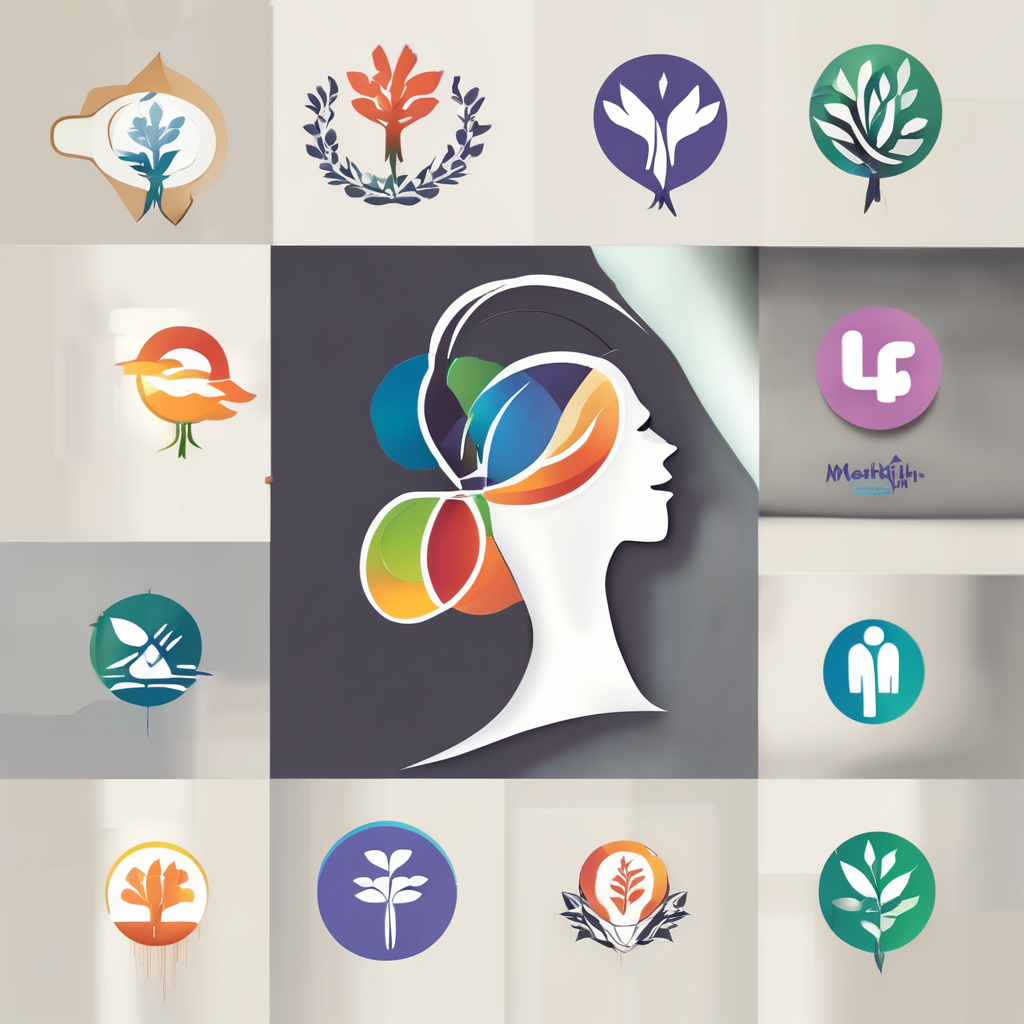Overview of Prenatal Care for Expectant Mothers Aged 40+
Prenatal care guidelines for expectant mothers aged 40 and above are crucial to ensure a healthy pregnancy. As maternal age increases, the importance of tailored prenatal care becomes paramount. Women in this age group may face unique health challenges that require specific attention. Thus, understanding these health risks and considerations is essential.
Expectant mothers aged 40+ should be aware of potential risks such as gestational diabetes, hypertension, and chromosomal abnormalities. Regular prenatal care guidelines stress the importance of proactive medical supervision to monitor and manage any complications that arise.
Also to read : Exploring Overseas Travel During Late Pregnancy: A Comprehensive Guide to UK Rules
In the UK, specific health guidelines provide comprehensive support tailored to the needs of older expectant mothers. These guidelines highlight the necessity of frequent health check-ups and suggest individualized assessments. They play a significant role in safeguarding maternal and fetal health.
By following these prenatal care guidelines, older expectant mothers can navigate the complexities associated with pregnancies later in life. It is crucial to maintain open communication with healthcare providers to address individual concerns and receive personalized care that aligns with their unique circumstances.
Also read : Mastering Labor: The Ultimate UK Expecting Mothers’ Hydrotherapy Preparation Guide
Unique Health Considerations for Mothers Over 40
Expectant mothers aged 40 and above face increased risks during pregnancy due to maternal age. As women age, the likelihood of encountering pregnancy complications, such as gestational diabetes, hypertension, and chromosomal abnormalities, rises. This necessitates regular health check-ups to effectively monitor and manage these risks. Recognizing these health considerations early can lead to timely interventions and improve outcomes for both mothers and babies.
Regular prenatal visits become essential, enabling healthcare providers to offer personalized screening tests and prenatal assessments. These evaluations focus on identifying potential issues that are specific to older maternal age. Health professionals recommend certain screening tests to detect complications early on and help inform individualized care plans.
Frequent monitoring through prenatal clinics provides crucial insights into the mother’s health, allowing for prompt responses to any concerns. The importance of these check-ups cannot be overstated: they are the cornerstone of effective prenatal care for this age group. Access to targeted resources and professional guidance offers reassurance and support, empowering expectant mothers to manage their pregnancies confidently. Maintaining open communication with healthcare providers is vital to address any changing conditions throughout the pregnancy.
Recommended Screening Tests and Assessments
For expectant mothers over 40, understanding the importance of screening tests and prenatal assessments is crucial to monitor and manage potential health concerns. These tests help identify any risks associated with advanced maternal age, allowing for timely interventions.
Key screening tests include the nuchal translucency scan, which assesses chromosomal abnormalities, and maternal blood screenings for genetic disorders. Another critical aspect is age-specific testing such as amniocentesis, which provides detailed insights into conditions like Down syndrome.
The significance of these tests is amplified for older mothers, given the increased likelihood of genetic disorders. These assessments help craft personalized care plans tailored to each mother’s unique health history, fostering a safe pregnancy journey.
Regular prenatal assessments also include ultrasound scans to monitor fetal development. These evaluations give a comprehensive view of both maternal and fetal health, ensuring that any issues are promptly addressed.
Overall, the role of screening tests and prenatal assessments cannot be overstated, as they form the backbone of informed pregnancy care for women aged 40 and above. Ensuring frequent and thorough evaluations significantly boosts the chances of a healthy pregnancy outcome.
Nutritional Guidance for Expectant Mothers
Ensuring optimal prenatal nutrition becomes even more vital for expectant mothers over 40, as dietary adjustments can significantly influence both maternal and fetal health. Nutrition is the cornerstone of a healthy pregnancy, supporting physical development and mitigating some age-related health risks.
Key Nutritional Needs
Older expectant mothers should focus on consuming a balanced diet rich in essential nutrients. Diets high in calcium, folic acid, and iron are vital, as they support fetal development and maternal bone health. Prenatal vitamins are crucial, particularly those targeting these nutrients, to ensure dietary needs are adequately met.
Supplement Recommendations
Healthcare providers often recommend specific supplements, such as omega-3 fatty acids, to support brain development and reduce the risk of pregnancy complications. It’s advisable for expecting mothers to consult their healthcare provider to personalize supplement intake according to their nutritional requirements.
Tips for a Balanced Diet
Incorporating a variety of fruits, vegetables, lean proteins, and whole grains ensures a comprehensive nutritional intake. Managing portion sizes and opting for low-sugar, low-sodium options can help maintain overall maternal health. Small, frequent meals may also help regulate blood sugar levels and prevent gestational diabetes.
Practical Tips for a Healthy Pregnancy Journey
Embarking on a pregnancy journey over 40 requires thoughtful planning and a focus on maternal wellbeing. Here are some strategies to support a healthy and stress-free experience:
Managing Stress and Promoting Mental Health
Establishing a consistent routine that includes relaxation techniques such as yoga or meditation can help manage stress levels. Engaging in hobbies and ensuring adequate rest are also vital for maintaining mental health.
Importance of Regular Exercise
Engaging in appropriate forms of physical activity, like brisk walking or swimming, can improve maternal wellbeing. Regular exercise supports circulation, helps manage weight, and reduces pregnancy-related discomforts. It’s crucial to consult healthcare providers before beginning any exercise regime.
Building a Support Network
Creating a robust network of support can be a tremendous asset. Connecting with family, friends, and community support groups provides encouragement and advice. Peer networks offer an opportunity to exchange tips specifically tailored to older expectant mothers.
Accessing Prenatal Resources
Utilizing available prenatal care practices and resources offers invaluable guidance. Health professionals and local clinics can provide personalized recommendations, while online platforms offer ease of access to updated information and community support.
Personal Experiences and Stories from Other Mothers
Exploring personal stories from mothers over 40 allows for a deeper understanding of the unique pregnancy journey they experience. These maternal experiences offer practical insights and lessen feelings of isolation. Hearing firsthand accounts can provide invaluable tips and reassurance.
Many mothers who have navigated pregnancy later in life emphasize the role of peer support. Engaging with community groups allows expectant mothers to share their concerns and triumphs, fostering a sense of solidarity. Stories shared within these circles often include adapting to the physical demands of pregnancy while balancing existing family and career commitments.
Lessons learned from these journeys highlight the importance of remaining adaptable and open to change. Some mothers share how tailored exercise routines and stress management techniques, acquired through interactions with peers, improved their pregnancy experience.
Advice from experienced mothers often underscores the necessity of maintaining robust communication with healthcare providers. Consistently engaging with others who have walked a similar path provides not only advice but also emotional support, reinforcing the vital role of community connections among older expectant mothers.
Resources for Further Support and Information
Expectant mothers aged 40+ often benefit from additional support resources to guide their prenatal care journey. Accessing diverse platforms provides a wealth of prenatal care information tailored to older mothers. In the UK, healthcare services offer specialized guidelines to meet the unique needs of older expectant mothers, delineating steps for maintaining health throughout pregnancy.
Community support groups play a critical role, offering peer networks where mothers can share experiences and seek advice. These groups foster a sense of belonging and understanding, helping manage the emotional and physical demands of pregnancy. They provide a platform for exchanging knowledge, helping mothers feel empowered and informed.
Online platforms also serve as a treasure trove of prenatal advice, enabling mothers to connect with others in similar situations. Such resources can be invaluable, facilitating discussions on common concerns like dietary recommendations and age-related health risks.
Utilizing these support resources ensures that expectant mothers have a well-rounded strategy for their prenatal journey, reinforcing the importance of accessible prenatal care information and community engagement. By leveraging these resources, mothers can confidently navigate the stages of pregnancy, armed with advice and peer support.



